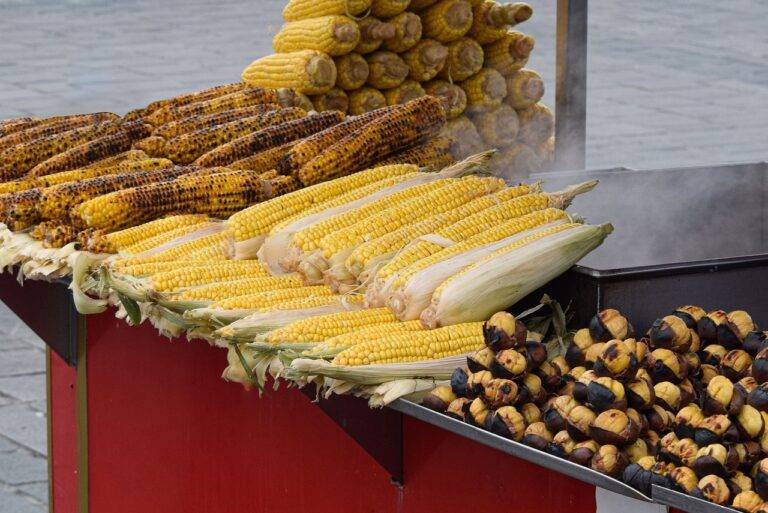Exploring the Rise of Food Cooperatives: Strengthening Food Systems Through Collective Ownership
Food cooperatives have a rich history dating back to the 19th century when communities came together to address issues of food affordability and availability. The first known food cooperative in the United States was established in Philadelphia in 1862, known as the “Rochdale Pioneers.” These cooperatives were formed by groups of individuals pooling their resources to purchase goods directly from producers, bypassing traditional retailers. The cooperative movement gained momentum in the early 20th century as a response to the economic challenges faced during the Great Depression.
Throughout history, food cooperatives have played a vital role in providing access to fresh, healthy food options in communities that may have limited resources or face food insecurity. They have served as a means of empowering individuals to take control of their food supply chain and support local farmers and producers. As consumer interest in sustainable and locally-sourced food continues to grow, food cooperatives remain a relevant and important part of the food system, offering an alternative to conventional grocery stores and supporting the principles of community ownership and cooperation.
The Benefits of Collective Ownership in Food Systems
Collective ownership in food systems offers numerous advantages for both producers and consumers. By working together to own and operate food cooperatives, individuals can have more control over the sourcing and quality of their food. This direct connection between producers and consumers fosters trust and transparency within the supply chain, ultimately leading to fresher and more sustainably produced goods on the market. Additionally, collective ownership allows for fair compensation for producers, as cooperatives often prioritize fair pricing practices that support small-scale farmers and local food producers. This ensures that those responsible for growing and producing our food are able to earn a living wage while providing communities with fresh, high-quality products.
• By working together to own and operate food cooperatives, individuals can have more control over the sourcing and quality of their food.
• Direct connection between producers and consumers fosters trust and transparency within the supply chain.
• Fresher and more sustainably produced goods on the market.
• Fair compensation for producers through fair pricing practices that support small-scale farmers and local food producers.
How Food Cooperatives Promote Local Economies
Food cooperatives play a crucial role in promoting local economies by fostering community connections and supporting small-scale producers. Through their focus on sourcing products locally, cooperatives help to keep money circulating within the community, contributing to the growth and sustainability of local businesses.
Furthermore, food cooperatives often prioritize ethical and sustainable practices, which resonate with consumers seeking environmentally and socially responsible options. By providing a platform for consumers to access organic, fair trade, and locally-produced goods, cooperatives not only support local economies but also encourage a shift towards more conscious consumption habits within the community.
What is the history of food cooperatives?
Food cooperatives have been around for over a century, with the first one established in Rochdale, England in 1844. These cooperatives were created as a way for communities to come together to provide affordable, healthy food options for its members.
What are the benefits of collective ownership in food systems?
Collective ownership in food systems allows for more control over the sourcing and distribution of food. It also promotes transparency and accountability in the food supply chain, as decisions are made democratically by the members of the cooperative.
How do food cooperatives promote local economies?
Food cooperatives promote local economies by supporting local farmers and producers. By sourcing products locally, cooperatives help to keep money circulating within the community, creating a more sustainable and resilient local economy. Additionally, cooperatives often provide jobs and education for members of the community.







